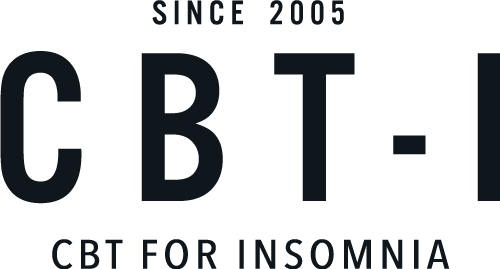Some Animals, Like Humans, Need Very Little Sleep
Most scientists say sleep is so important that every animal needs it. Yet, according to a new study, some fruit flies (which are often used to study sleep and circadian rhythms) almost never sleep. This suggests that, in some animals, sleep may not be all that necessary or important.
This may be because sleep is potentially costly to many animals, making them vulnerable to predators and stealing time from important activities for survival such as food-gathering or mating opportunities. These activities may be just as important as the benefits of sleep, which include conserving energy or giving the brain time to organize memories. Although many mammals have been documented to require as little as two or three hours of sleep per day, no truly sleepless animal has ever been found in the wild.
In a new study, researchers who were observing fruit flies in the lab noticed a very large distribution in sleep duration. Most slept somewhere between 300 minutes and 600 minutes per day, but about 6% of females slept for less than 72 minutes per day, and three individual flies slept for only 15, 14, or 4 minutes per day, respectively. This lack of sleep seemed to have no ill effects on health since those three flies lived just as long as other flies. Even flies with typical sleep schedules weren’t bothered when housed inside a rotating tube that forced them to lose about 96% of their sleep time.
These findings undercut the common wisdom that sleep plays an indispensable biological role. Instead, as the authors of the study suggested, we should adopt the view that sleep probably does serve some as-yet-unknown evolutionary purpose, but it isn’t strictly necessary.
Just as fruit flies have different sleep needs, there are significant “trait-like” differences in human sleep requirements and responses to sleep loss. Although adults average 7 hours of sleep, some need 6 while others need 8, and one study on sleep deprivation discovered that while some subjects showed significant impairment in neurobehavioral functioning after 36 hours of sleep deprivation, other subjects exhibited minimal impairment.
These findings demonstrate that sleep requirements and the effects of sleep deprivation are not a “one size fits all” phenomenon: just as people (and fruit flies) have different sleep needs, their responses to sleep loss also vary significantly.
